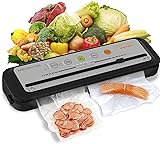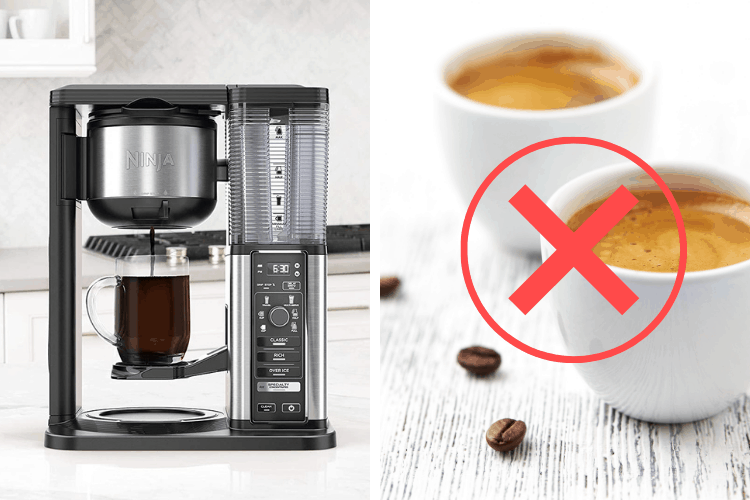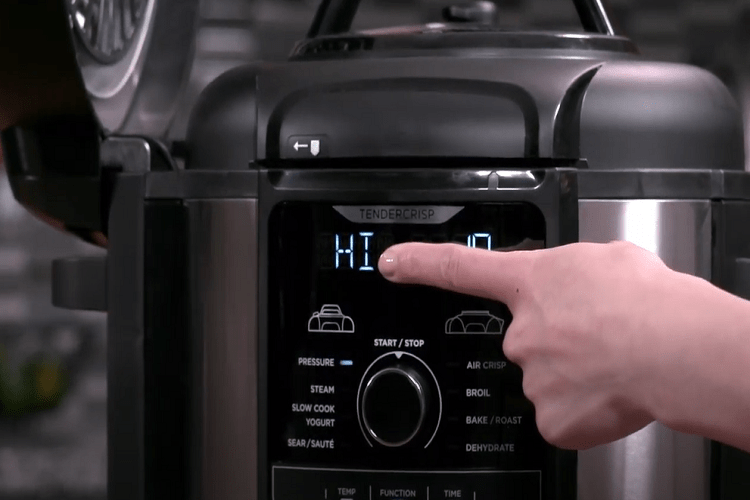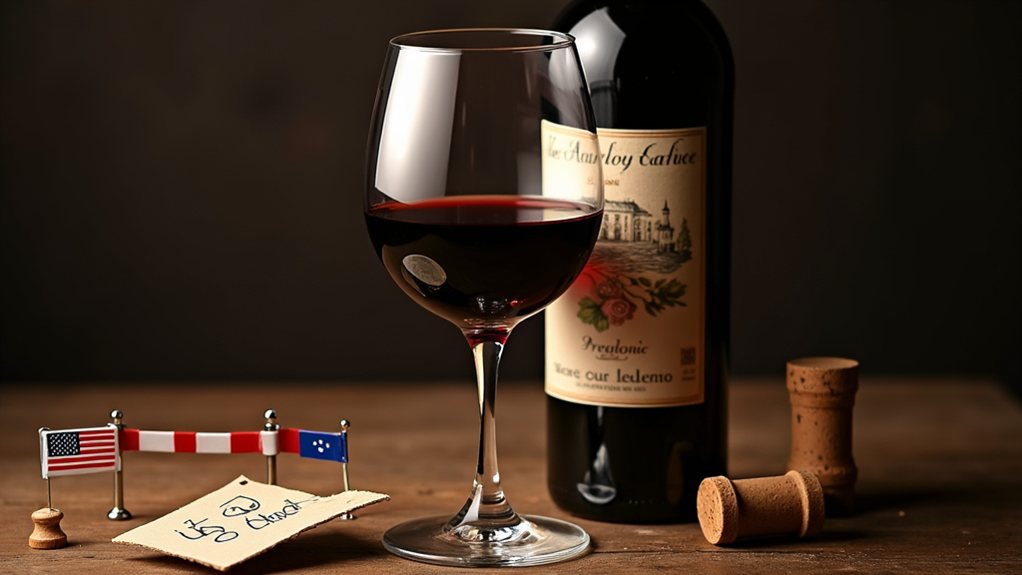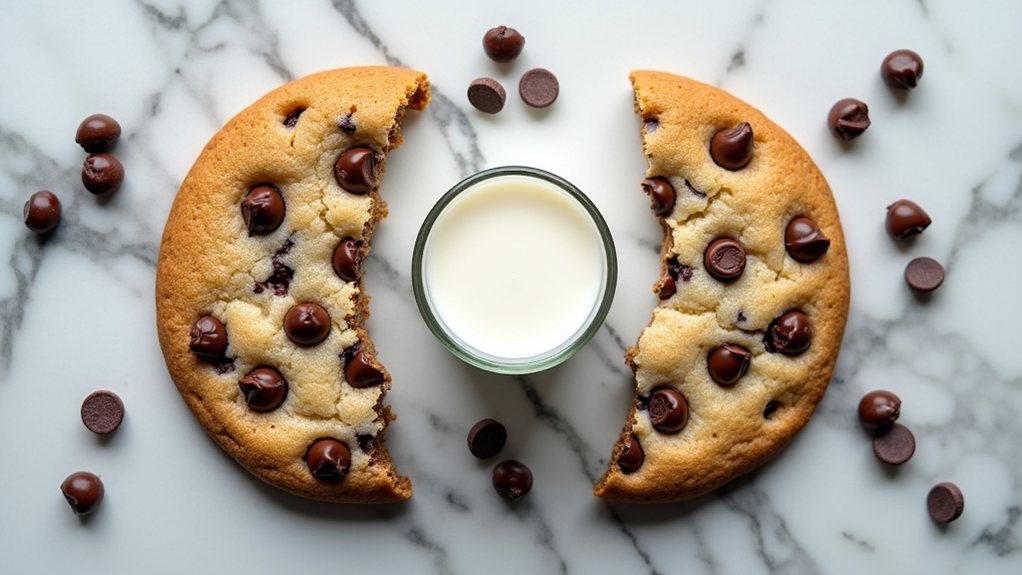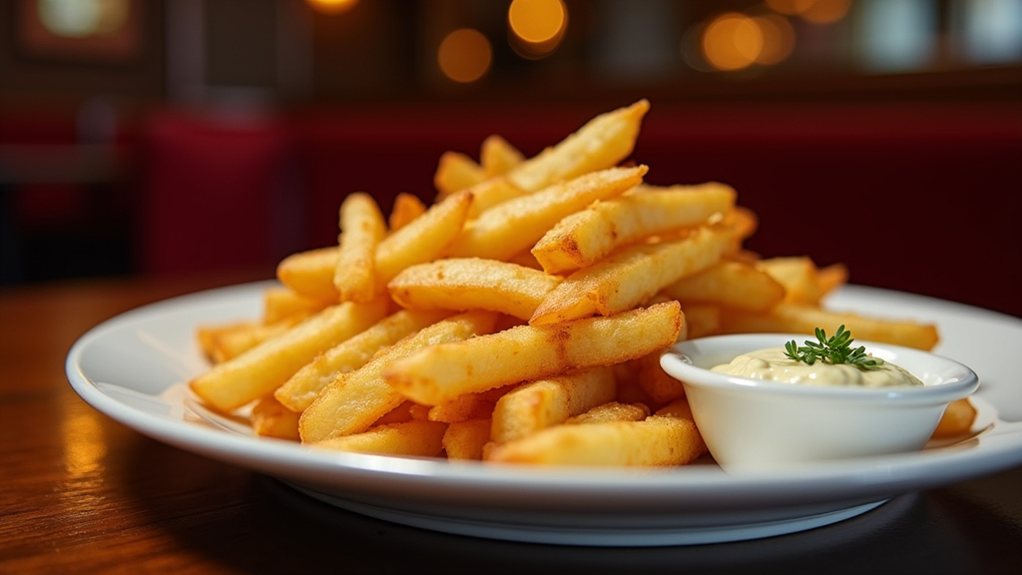Refrigerating or freezing your food are common ways of keeping food edible for longer, but have you ever considered vacuum sealing your ingredients?
Vacuum sealing foods is an efficient way of preserving food. This process also helps food retain moisture, keep it safe from bacteria, and makes it easier to store leftovers in batches. You can preserve your items to store food in the fridge, freezer, or pantry.
Vacuum-sealing food has plenty of advantages, but just how long do vacuum-sealed foods last for?
The answer depends on what type of food you’re storing, as well as where you’re storing it.
We’ll cover more about vacuum-sealed food in this post, including the advantages of the process and how long dry, raw, frozen, and cooked foods last after being vacuum sealed.
Advantages Of Vacuum Sealing Food
Before we get into how long vacuum-sealed foods can last, we can cover the benefits of storing food in this manner.
Avoids Food Oxidizing
Oxygen may be important to sustain life, but oxygen exposure can do the opposite to our food.
As fats in dairy, meat, and vegetables come into contact with air, they create carbon compounds that emit potent, unwanted odors. If you’ve ever noticed an oil turning rancid, or an avocado’s insides turning brown, you will have seen oxygen in effect.
Vacuum sealing eliminates all of the air from the food packaging to close it shut, avoiding oxidation from taking place.
Avoids Food Contaminating
Microorganisms, such as yeast, fungi, and bacteria, forming on the surface of ingredients need air to live and breathe.
Vacuum sealing protects the food from contamination from microorganisms and other foods. It also generates an airless setting that organisms cannot thrive in.
Obstructs Enzymes
Food can spoil fast, as just one spoiled item can affect the rest. Vegetables and fruits contain enzymes that react to the air, making food spoil.
Vacuum sealing helps to lessen the likelihood of the enzyme reaction taking place, preventing the enzymes from spoiling other produce stored in the same location.
Avoids Freezer Burn
Freezer burn is a result of dehydration and oxidation. The water in the freezer can evaporate without turning into liquid. The process then takes the moisture out of foods to emit it as vapor.
Oxidation makes foods turn gray or brown, but moisture evaporation generates a rough, leathery look to the food.
Vacuum sealing keeps moisture inside the food, stopping it from evaporating. The food then retains its texture and taste for longer.
All of these reasons explain why vacuum sealing is so beneficial. However, you should still bear in mind that vacuum sealing cannot keep foods fresh forever.
Amazon Best Selling Vacuum Sealers
How Long Does Vacuum Sealed Food Last For?
How long vacuum-sealed food lasts depends on the type of food and where it is stored.
Dried Food
Pantry foods, like pasta, cereal, flour, and other types of dried food can be vacuum sealed. If they are, they can last between 2 and 4 times as long as they would do when stored normally.
If they aren’t vacuum sealed, pantry foods, such as rice, sugar, pasta, and flour for six months can be kept for six months in the pantry.
If these foods are vacuum sealed, they can be stored for two years.
Frozen Food

Frozen poultry, fish, and meat can last for up to six months if stored normally.
If they are vacuum sealed, frozen meat can remain fresh, edible, and freezer-burn-free for a maximum of three years.
Vegetables can also last a long time when stored in the freezer using this method, lasting for many months after being vacuum sealed.
Raw Food
In the case of raw foods kept in the refrigerator, vacuum sealing your items can keep them edible for longer.
Cheese can normally be stored between one to two weeks in the refrigerator, but can last between four and eight months if vacuum sealed.
Fruits, like berries, can be kept in the fridge for under a week. Vacuum sealing fruit can increase its lifespan, so they remain fresh for a maximum of two weeks.
Cooked Food
You can make your leftovers and meal-prepped foods last longer by vacuum sealing them.
Most cooked food can only last in the fridge for one to three days. If they are vacuum sealed, this time increases, allowing cooked food to remain in the fridge for two weeks.
Tips On Vacuum Sealing Food
Vacuum sealing can increase the lifespan of your food, but remember that the process can never fully remove the risk of food contamination or spoilage.
You will also need to use your freezer or refrigerator to keep the food fresh. Vacuum sealing and cool storage temperatures both work to keep your food edible and fresh.
Here are some tips that can help you vacuum seal your food:
Some Bacteria Can Thrive Without Air
C. botulinum is a harmful, food-borne bacteria that leads to botulism. The pathogen doesn’t need air to thrive.
Vacuum sealing prevents bacteria, which require air, from thriving on food. As a result, this process might create a setting that can increase the risk of botulism.
Food Preserving Advice Is Based On Perfect Sealing
Vacuum sealing can make your food last a lot longer than typical storage methods, but these statistics are based on perfectly sealing your food.
Every vacuum sealing machine is different, so some might create a faulty seal or leave air trapped in the bag. You might also introduce contaminants during preparation or cooking that can affect your food.
Follow these tips to ensure your food is kept safe from contamination:
- Never skip washing your hands before working with food. Maintaining clean hands prevents any bacteria from contaminating the surface of your food, and also makes cross-contamination less likely.
- Thaw and store foods at the correct temperature. If a product needs refrigeration, ensure that it is cold prior to, during, and following vacuum sealing.
- Never refreeze thawed raw food.
- Blanch vegetables before sealing. This will keep the food safe to eat, and also keeps the vegetables fresh and crisp to eat.
The Bottom Line
Vacuum sealing can make a lot of foods last longer than they would when stored using typical methods. This is usually between two and five times longer, depending on the type of food and storing conditions.
Remember that vacuum sealing cannot completely defend your food from contamination, so always follow proper hygiene and cooking practices when preparing, cooking, and storing food.




